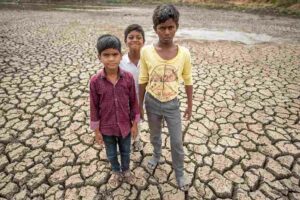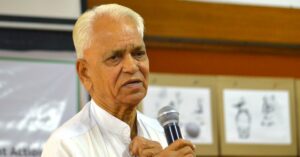One Day They Locked Their Primary Health Centre With Its Staff. Now They Have Medical Facilities.
A small village in Rajasthan finally got its due - a fully functional primary health centre - when the villagers came together as one to fight for their rights. Read what the might of a united community can achieve.
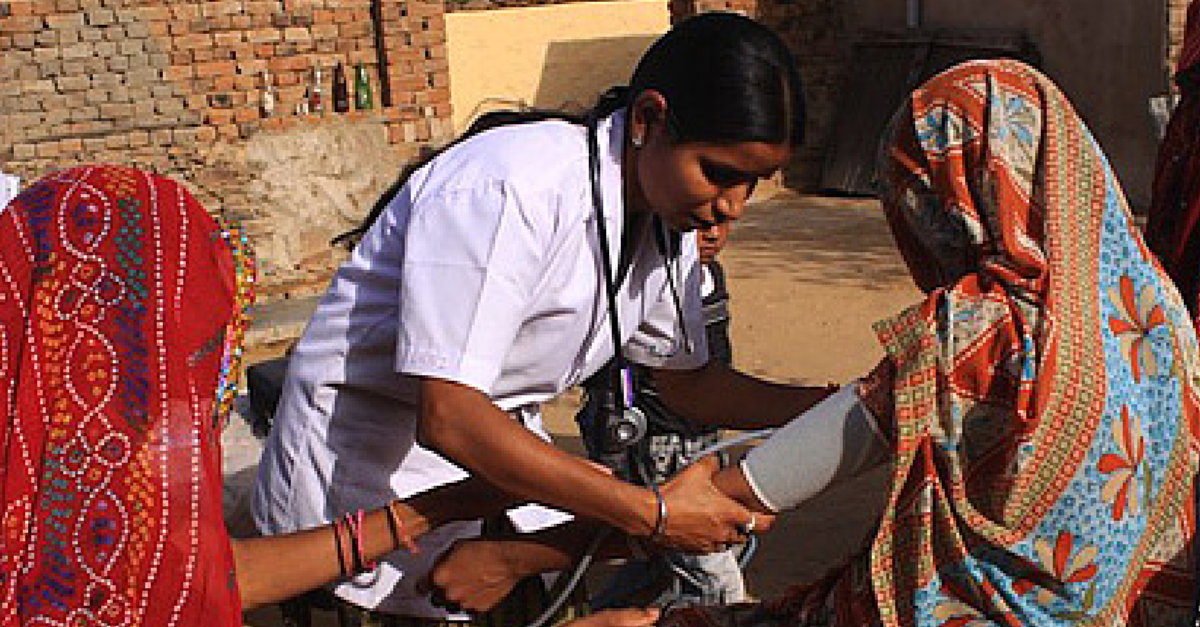
A small village in Rajasthan finally got its due – a fully functional primary health centre – when the villagers came together as one to fight for their rights. Read what the might of a united community can achieve.
This story has all the elements of a typical Hindi film potboiler: there’s high-voltage drama, spirited agitation and swift action, nicely rounded off with the triumph of people power. The only difference is that this is not make-believe spun by an imaginative writer, but a true account of fearless activism spearheaded by an empowered community. The setting is the nondescript village of Devgarh in Rajasthan’s Pratapgarh district, where under the leadership of Sarpanch (village head) Hariram Meena, people decided to take the matter of securing their health rights into their own hands.
For years, the Primary Health Centre (PHC) in Devgarh, which provides basic healthcare and emergency medical services to 36 villages in the area, had been functioning erratically.
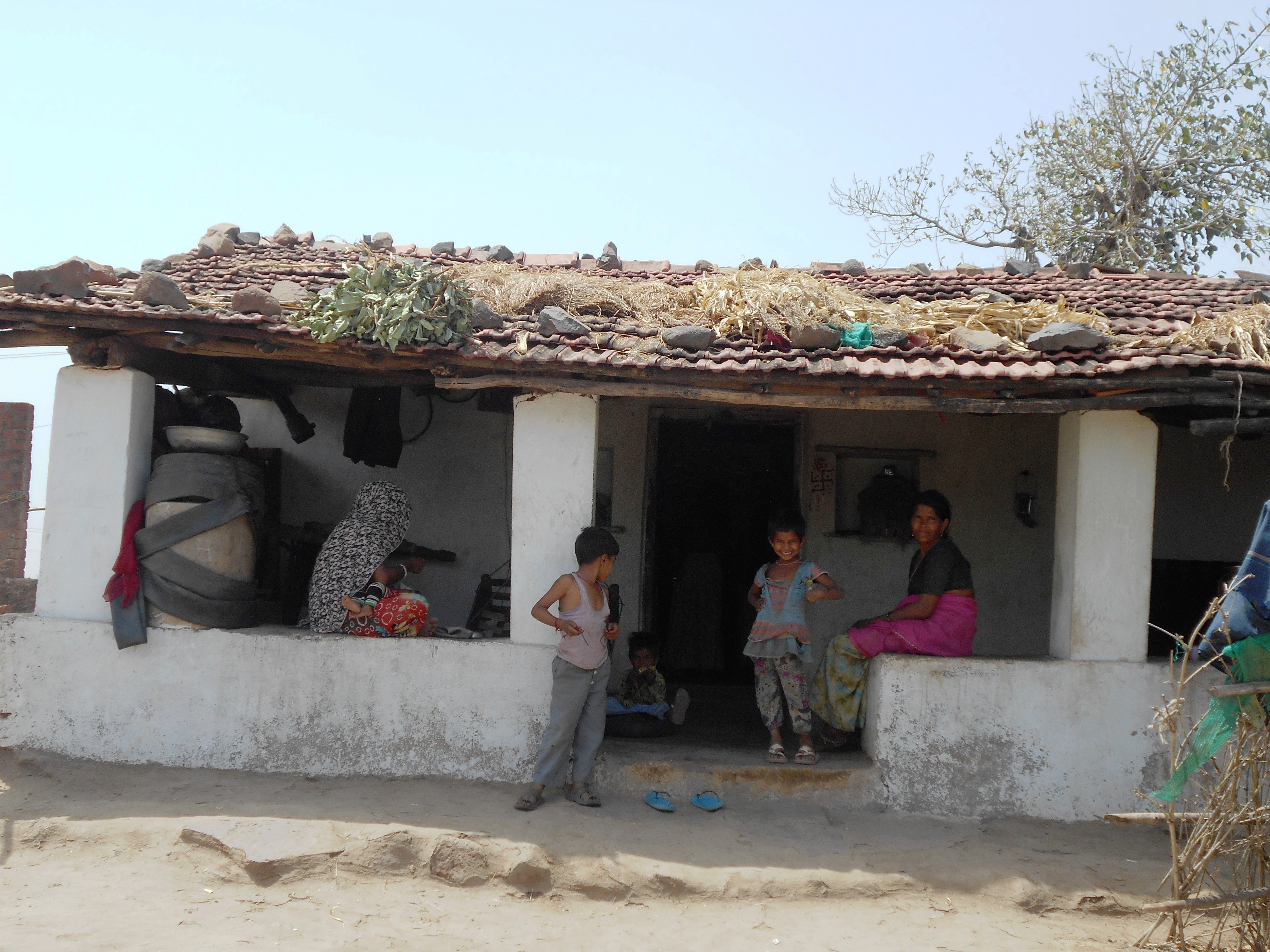
Whereas the building and grounds were in a dilapidated, overgrown condition, the staff was either absent or unresponsive.
Adesh Kumar Jain, Devgarh’s passionate Up-Sarpanch (deputy village head), narrates, “Everyone knows that rural residents cannot do without a functioning PHC and even though it is rare to find one that doesn’t have any problems the situation at Devgarh’s PHC was simply deplorable. At most times, the doctor on duty and the support staff used to either be missing or reporting late, so patients were usually turned away. It was not uncommon to see stray cattle roaming freely. Moreover, the toilets used to be filthy, there was no water supply and the patient waiting area was being used to store junk. We were putting up with all this but it was difficult to see expectant women suffering on this account. Every time one of them was refused admission, it used to really bother us. Then one day, when the desperate pleas of the relatives of a young pregnant woman in need of immediate attention were ignored, something snapped. We decided: enough is enough.”
To deal with the problem at hand, in early July 2013, the Village Health Sanitation and Nutrition Committee (VHSNC), which includes the Accredited Social Health Activist (ASHA) and the Anganwadi Worker, sat together and came up with a rather drastic solution.
After taking the entire village into confidence, on July 15, they set their radical plan into motion. The villagers surrounded the PHC and locked it up with the staff still inside.
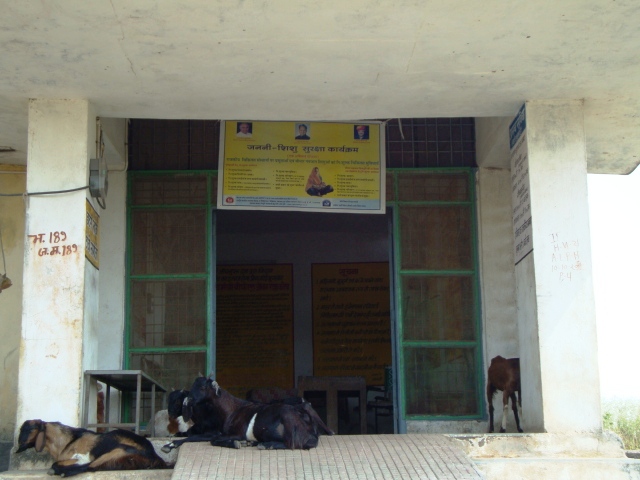
“We knew what we were doing was rather unconventional but the situation was dire and we needed to shake up the authorities. The siege had gone on till the Chief Medical and Health Office (CHMO), the district officials and the Tehsildar [district revenue administrative officer] came and assured us of action. They told everyone that relevant steps to improve the PHC would be taken in a matter of days,” elaborates Jain.
That collective effort can enable a community to secure their rightful entitlements is the one important lesson that the residents of Devgarh, as well as villagers in the adjoining areas, learnt when they became part of a unique initiative to improve maternal health underway in the region.
In 2012, Prayas, a non-profit organisation that has been actively engaging on the issue throughout southern Rajasthan, and Oxfam India got together to implement a maternal health programme through the DFID’s Global Poverty Action Fund (GPAF), across 29 villages of Chittorgarh district and 66 villages in Pratapgarh district.
According to Ritesh Laddha, senior programme coordinator, Prayas, “The problem of substandard services at the PHC, which caters to hundreds of people, emerged as a key issue during our discussions with the VHSNC and the community. They were deeply upset by the fact that they had to make a trip all the way to the district hospital just because the PHC staff was callous. Gradually, by building their confidence and capacity, we have been able to empower them to demand their rights, take ownership of local healthcare resources and decide on how best to utilise them.”
The determined protests in Devgarh had a dramatic effect. In a matter of days, the stray cattle had been removed from the PHC premises, the toilets were cleaned out, the water supply properly restored.
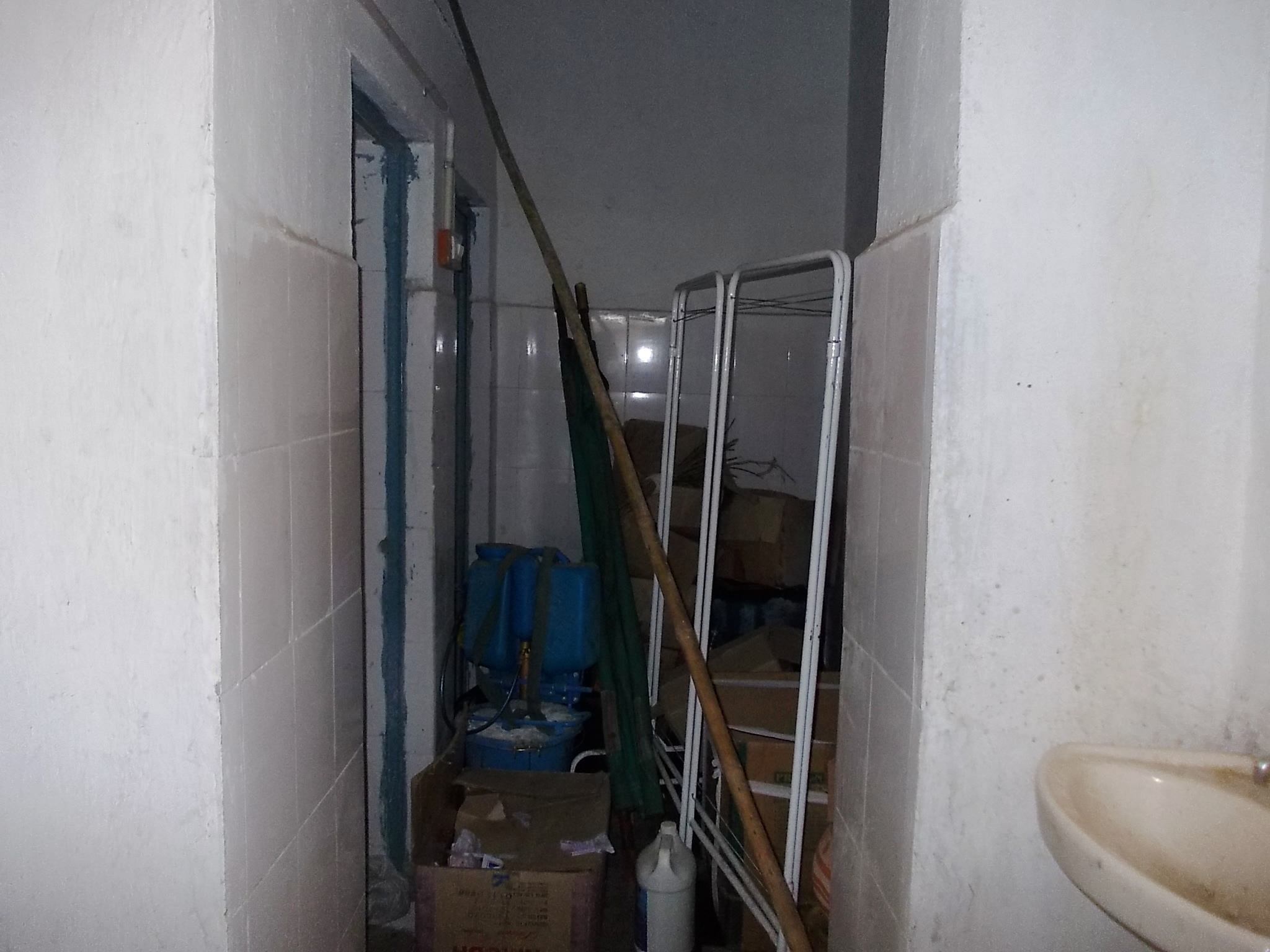
At the same time, the doctor and other staff, too, made it a point to come on time. Consequently, impoverished villagers, a majority of them tribals, who were earlier forced to visit private doctors or even quacks that overcharged for treatment, started visiting the PHC once again.
“I cannot describe the happiness the VHSNC members feel today when we see people lining up at the health centre. Those who were previously borrowing money to buy medicines and get diagnostic tests done are free from their debt burden. We are all availing of a state government scheme that provisions for distributing generic medicines and getting tests done free of charge at the centre,” says Jain, who runs a grocery shop near the PHC.
Mindful of the growing awareness levels of the community towards their health entitlements, the district authorities have declared the Devgarh PHC as a 24-hour facility. What’s more, an ambulance has been stationed to ferry pregnant women from 36 villages for institutional delivery.
When Laali’s daughter-in-law had become pregnant, the tribal woman from Sovani village had spent a few sleepless nights worrying about how she would gather enough money to take her to the district hospital for delivery.
“But, thankfully, the PHC at Devgarh became operational by the time she was ready to give birth. Our ASHA arranged for the ambulance to take her there and within a few hours we had a healthy baby in our hands,” says the beaming grandmother.
Not only was Laali’s daughter-in-law saved the expense and exertion of going to the hospital at Pratapgarh, the institutional delivery also made this Below Poverty Line (BPL) woman eligible for a number of benefits.
“I had made up my mind to take her to a hospital. We did not have to pay for the ambulance, delivery or the medicines and since it was her first child she was sanctioned five kilos of ghee (clarified butter) that helped her in regaining her health. I would not have been able to afford it myself,” Laali points out.
Acknowledging the difference an up-and-running PHC has made to their already tough lives, Kala, who makes earthen pots to earn a living, says, “We don’t have to pay for medicines or treatment now and even the PHC staff dare not ask for a bribe. All of us are fully aware of what is due to us under the government system.”

Photo for representation purpose only. Courtesy: www.ruralmarketing.in
Vijaypal Singh, District Coordinator, Prayas, observes, “That the otherwise illiterate tribal women like Laali or Kala now understand their entitlements, prefer to go for hospital delivery and are quite vocal about their health needs is largely the result of concerted efforts at spreading awareness and encouraging greater community involvement. Once the VHSNC sends a call for action, they respond wholeheartedly.”
Yet, it’s not like there are no difficulties anymore. “Constant monitoring by the VHSNC is needed to ensure everything runs smoothly. For instance, although this is supposed to be a 24-hour PHC, at present, we only have one allopathic and one ayurvedic doctor so it doesn’t work in the evenings. The two GNMs (General Nurse-Midwives) stationed here manage everything in their absence. This is posing to be a grave problem as very often there is a delivery late in the night that cannot be handled here. We have been told that there is a shortage of doctors in the district but we are trying to work out a solution,” assures Sarpanch Hariram Meena.
This new-found assertive and positive attitude of Meena and others is inspiring, “The villagers have many aspirations with regard to this PHC. They want a proper delivery room, 24-hour treatment and a pucca boundary wall as well. We hope to live up to these expectations in the future,” signs off Meena.
Like this story? Or have something to share? Write to us: [email protected], or connect with us on Facebook and Twitter (@thebetterindia).
This story made me
-
97
-
121
-
89
-
167
Tell Us More
We bring stories straight from the heart of India, to inspire millions and create a wave of impact. Our positive movement is growing bigger everyday, and we would love for you to join it.
Please contribute whatever you can, every little penny helps our team in bringing you more stories that support dreams and spread hope.






